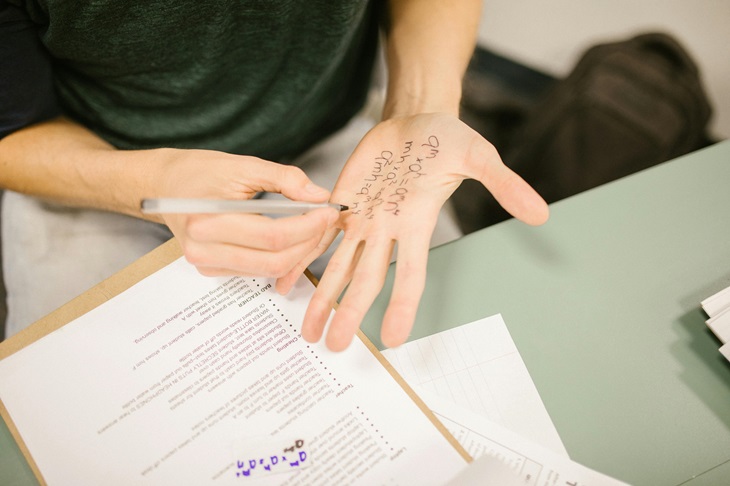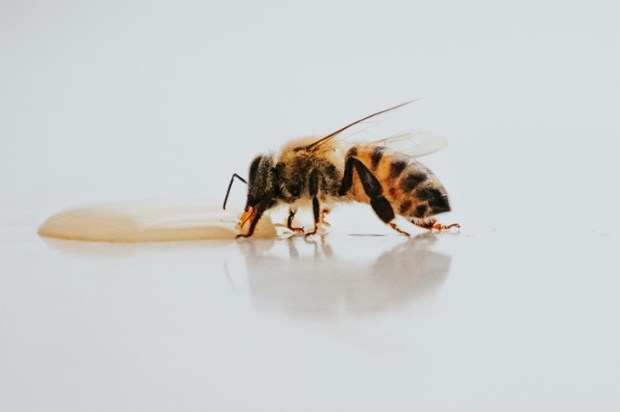Student cheating in Australia’s universities is back in the headlines – again. The national tertiary education regulator, the Tertiary Education Quality and Standards Agency (TEQSA), estimates that around 8 per cent of tertiary students in Australia are cheating. It is likely to be way higher than this – The Conversation estimates that ‘up to 95 per cent of [cheating] cases go undetected’.
The cheating industry is now heavily corporatised – the so-called ‘contract cheating’ business model offers scaled-up cheating services and has overtaken freelance cheating providers.
Already a subscriber? Log in
Subscribe for just $2 a week
Try a month of The Spectator Australia absolutely free and without commitment. Not only that but – if you choose to continue – you’ll pay just $2 a week for your first year.
- Unlimited access to spectator.com.au and app
- The weekly edition on the Spectator Australia app
- Spectator podcasts and newsletters
- Full access to spectator.co.uk


























Comments
Don't miss out
Join the conversation with other Spectator Australia readers. Subscribe to leave a comment.
SUBSCRIBEAlready a subscriber? Log in